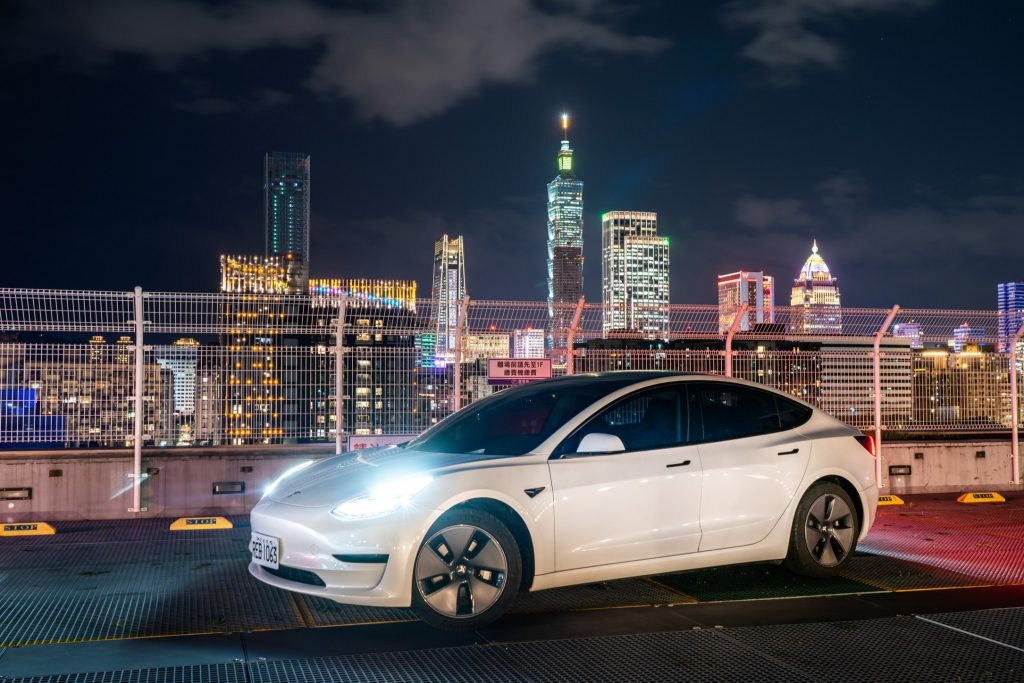As of 2023, the global automotive landscape is undergoing a transformation, with electric vehicles (EVs) hitting an all-time high in sales. According to Bloomberg Green, EV sales are expected to surpass 14 million units globally this year, marking a 35% increase from 2022. With growing environmental concerns and technological advancements, consumers are increasingly faced with a choice between EVs, hybrids, and traditional gas-powered vehicles. In this article, we’ll explore the key differences and benefits of each, helping you navigate the evolving green mobility landscape.
The Rise of Electric Vehicles in 2023
Electric vehicles have become a focal point in the push towards sustainable transportation. Here’s why EVs are leading the charge:
Advantages of Electric Vehicles
- Zero Emissions: EVs produce no tailpipe emissions, reducing air pollution and contributing to cleaner urban environments.
- Lower Operating Costs: With fewer moving parts, EVs require less maintenance, and electricity is generally cheaper than gasoline.
- Incentives and Rebates: Many governments offer tax credits and rebates to encourage EV adoption.
- Rapid Technological Advancements: Brands like Tesla, Rivian, and Lucid Motors are pioneering new technologies, from autonomous driving to advanced battery management systems.
Challenges Facing EV Adoption
While EVs are promising, they face several hurdles:
- Charging Infrastructure: Although expanding, charging networks still lag behind the extensive reach of traditional refueling stations.
- Battery Range and Longevity: Despite improvements, range anxiety remains a concern for potential EV buyers.
- Initial Cost: High upfront costs, even with incentives, can be a barrier for some consumers.
Hybrids: A Balanced Approach
Hybrids offer a middle ground, combining a gasoline engine with an electric motor. Here’s why some drivers prefer hybrids:
Benefits of Hybrid Vehicles
- Fuel Efficiency: Hybrids use regenerative braking and an electric motor to reduce fuel consumption significantly.
- Reduced Emissions: While not zero-emission like EVs, hybrids emit less CO2 than traditional gas cars.
- Extended Range: Hybrids can switch seamlessly between electric and gasoline power, offering greater range flexibility.
Considerations for Hybrid Owners
- Maintenance Complexity: Hybrids have both an engine and a battery system, potentially leading to more complex maintenance needs.
- Limited Electric Range: Most hybrids offer only limited electric-only range, unlike plug-in hybrids (PHEVs) which can travel longer distances on electricity alone.
Gas-Powered Vehicles: The Traditional Choice
Despite the shift towards greener options, gas-powered vehicles remain prevalent. Here’s what’s keeping them on the road:
Reasons to Choose Gas Cars
- Widespread Refueling Infrastructure: Gas stations are ubiquitous, making refueling convenient and quick.
- Lower Initial Cost: Gas vehicles typically have a lower purchase price compared to EVs and hybrids.
- Familiar Technology: For those hesitant to embrace new technology, gas cars offer familiarity and a proven track record.
Downsides to Consider
- Environmental Impact: Gas cars produce significant emissions contributing to air pollution and climate change.
- Higher Operating Costs: With fluctuating fuel prices and regular maintenance needs, gas cars can be more expensive over time.
Practical Tips for Choosing Your Next Vehicle
How to Decide Between EVs, Hybrids, and Gas Cars
- Assess Your Driving Habits: Consider your average commute, access to charging, and long-distance travel needs.
- Calculate Total Cost of Ownership: Factor in purchase price, fuel/energy costs, maintenance, and potential incentives.
- Explore Incentives: Research available rebates and tax credits for EVs and hybrids in your area.
- Test Drive Options: Experience the differences firsthand by test driving EVs, hybrids, and gas cars.
Where to Buy
- Dealerships: Most major brands offer EVs and hybrids alongside traditional models.
- Online Platforms: Sites like Tesla and Rivian allow for direct purchases, often with customizable options.
- Used Market: Explore certified pre-owned options for potential savings, especially for hybrids and gas cars.
Looking Ahead: The Future of Green Mobility
As we move towards 2024 and beyond, the focus on sustainable transportation will only intensify. Companies are racing to develop solid-state batteries, which promise even greater efficiency and range for EVs. According to the International Energy Agency (IEA), global CO2 emissions from transport must be cut by 50% by 2030 to meet climate goals, further pushing innovation in green mobility.
Conclusion
Choosing between EVs, hybrids, and gas vehicles in 2023 involves considering your personal needs and the broader environmental impact. EVs are at the forefront of green mobility, offering zero emissions and advancing technologies. Hybrids provide a balanced approach for those not ready to go fully electric, while gas cars still appeal to those valuing lower upfront costs and widespread refueling options.
Whether you’re leaning towards an EV, hybrid, or sticking with gas, the automotive landscape is ripe with options and innovation. As you ponder your next move, consider how your choice aligns with both your lifestyle and our planet’s future. What’s your game-changer in green mobility? Share your thoughts in the comments below!

